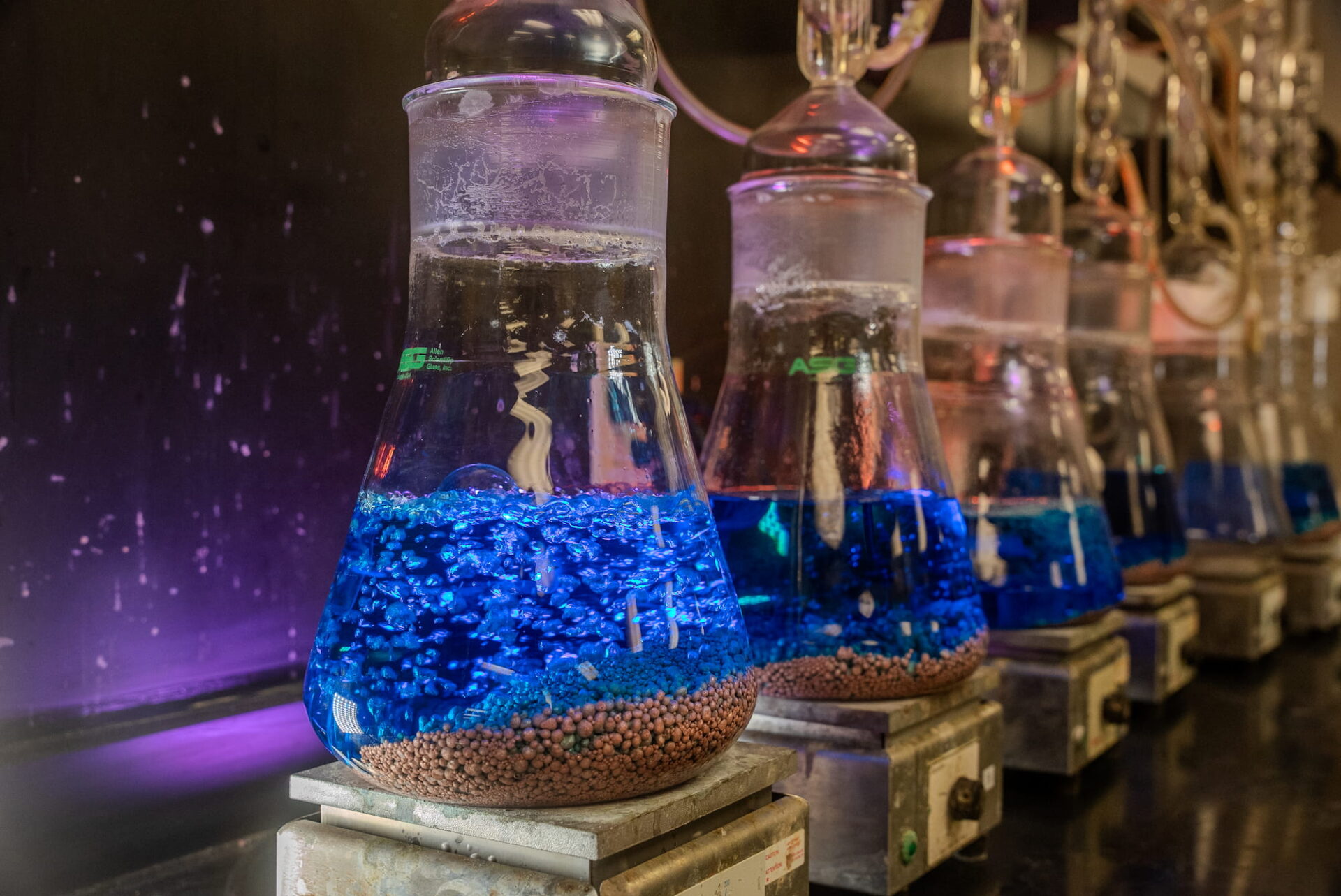What could be more important than ethics in the world of materials testing?
Testing laboratories have an obligation to adhere to high ethical standards in order to provide customers with the accurate and reliable test results needed to meet their requirements and reduce uncertainty. While all businesses should have high ethical standards, there is no option for anything less for businesses that involve health, safety and the well-being of customers and/or the public. This is certainly the case with laboratories that test materials for manufacturers in the supply chain for defense, aerospace, nuclear, transportation and other industries where the reliability of end products is critical.
A Company-Wide Responsibility
Maintaining ethical standards is the shared responsibility of the laboratory and every employee, especially those who come into contact with customer orders, either directly or indirectly. This not only includes physical processing of the test samples or reporting of the test results, but applies to employees responsible for quoting, order entry, billing and equipment maintenance. Also included are all levels of management and even support staff in departments such as Quality Assurance (QA) and IT who can have an influence over the reliability of testing, data and reported results.
Company-wide ethical behavior is a must at a materials testing laboratory in order to provide error-free service and to give customers confidence in the work performed. It must be promoted and reinforced at all levels of the company, but the guiding principles must be established at the top, demonstrated, and communicated from the top down. Clear expectations for ethical behavior and other cultural norms should be stated in writing and communicated regularly, so there is no second-guessing what is expected.
The Role of Quality Assurance
Organizational structure, or where the Quality Assurance Department fits in an organization, is also an important factor for maintaining ethics in testing. Consider the vital oversight role QA performs. In order to maintain a high level of impartiality and objectivity, QA should be independent from the testing or other process departments. Ideally, QA should report to top leadership, equal to Operations, so that the required authority, impartiality and organizational freedom are maintained.
It’s Your Right to Know
The test lab should foster an ethical workplace culture and reinforce desired behavior through documented policies and procedures, training, performance reviews, awards and other recognition and by providing methods for employees to discuss ethical concerns and report unethical behavior without fear of reprimand. No matter how strong the work ethic, mistakes can happen. It’s extremely important that a laboratory have a system in place for owning up to mistakes, righting a wrong, reporting errors to customers, preventing non-conformances, and retraining when needed.
A customer should be entitled to ask their testing laboratory how they promote ethics and ensure impartiality in their organization and processes. How well the lab does this may suggest how well they run other parts of the business, reflects the importance of and value placed on honesty and transparency, and ultimately could be a strong indicator of the laboratory’s level of accuracy and reliability.
Watch as Phil Trach, ASNT NDT Level III in Ultrasonic Testing at Laboratory Testing Inc., presents his webinar titled, “Ethics, NDT, and a Good Night’s Sleep” on the American Society for Nondestructive Testing (ASNT) website.
Related Articles
How Small a Defect Can UT Find
Customers often ask LTI how small a defect ultrasonic testing (UT) can find. This question is very difficult to answer…
Quality Considerations in Chemical Analysis
A Well-Planned and Managed Quality Control Program When you need chemical analysis services, you expect to receive accurate testing and…
Spectroscopy Explained
In our new article titled “Spectroscopy Explained”, you’ll learn how chemical testing is performed to answer many questions about material…
Third-Generation Family Member Becomes President
Passing the Baton After 25 years as president of Laboratory Testing Inc. (LTI), Michael J. McVaugh is retiring from the…
Promoting NDT to the Next Generation
Nondestructive Testing (NDT) helps ensure the reliability and safety of materials and products manufactured by many industries, yet it’s a…
FAQs About Testing Forged Metal Parts
Forged Metal Parts FAQ Material testing is necessary for forged metal parts, but not all tests are equal. The big…

